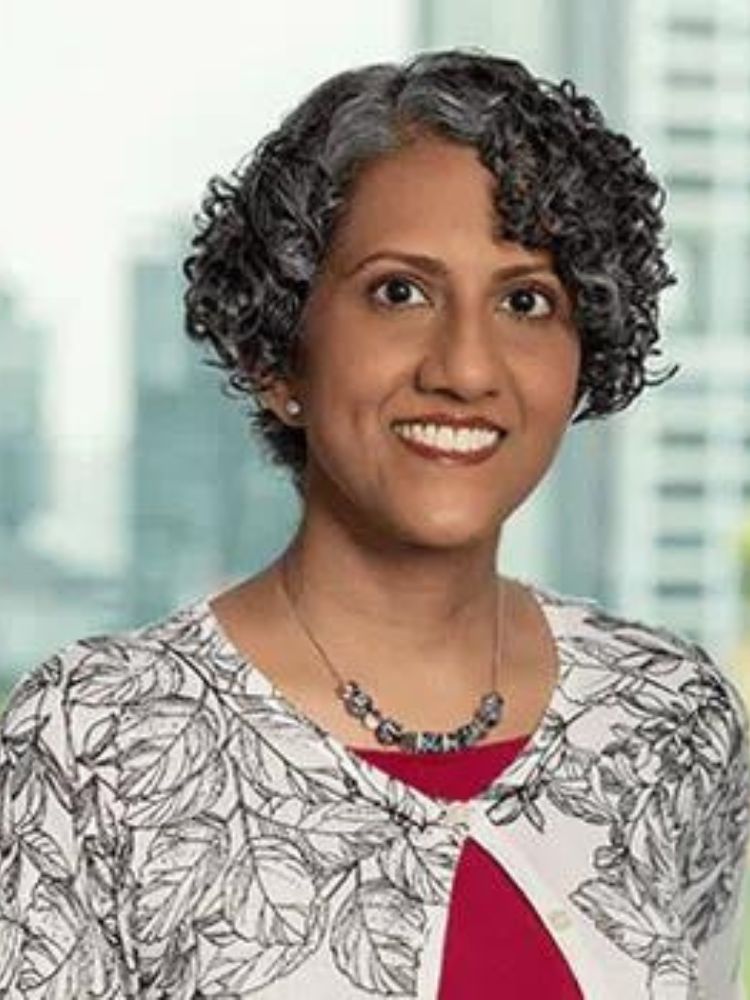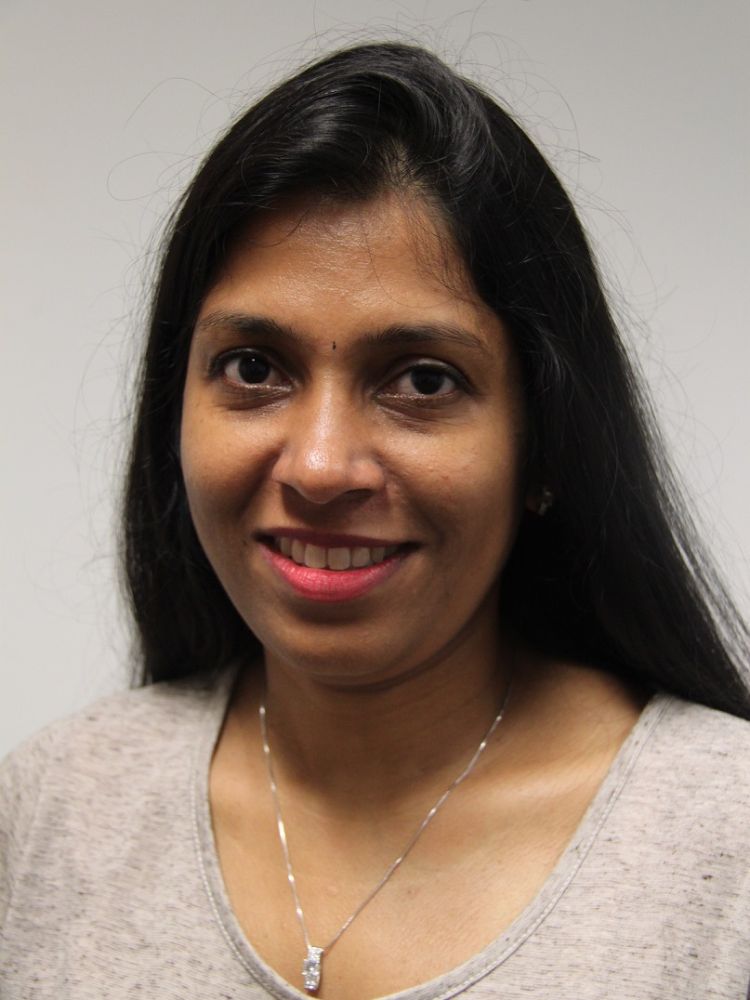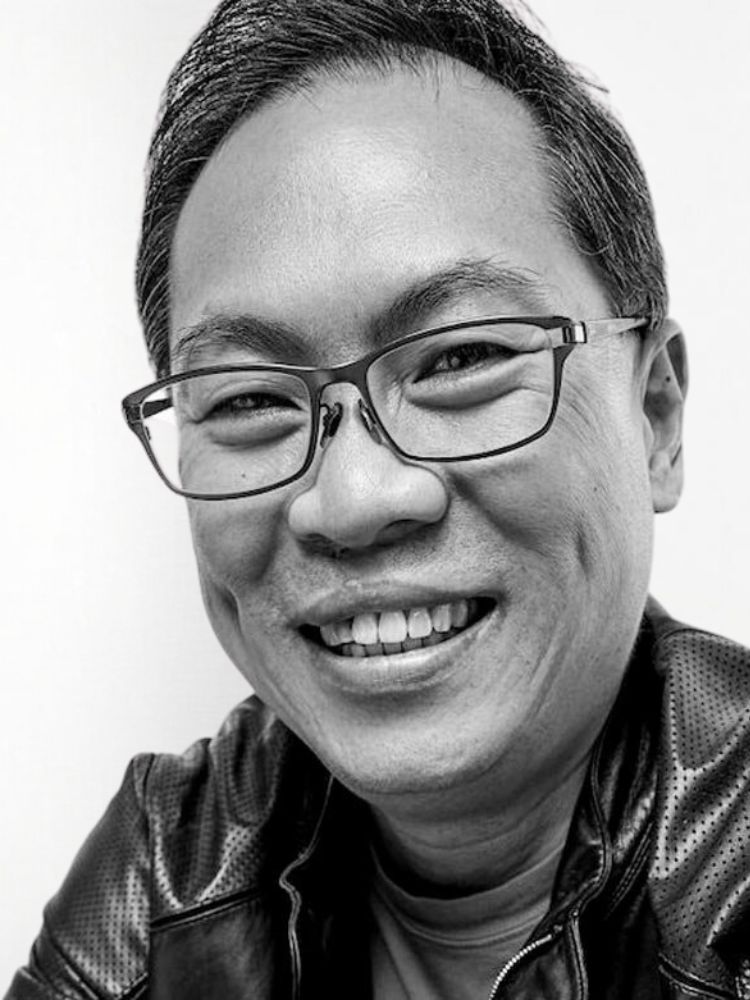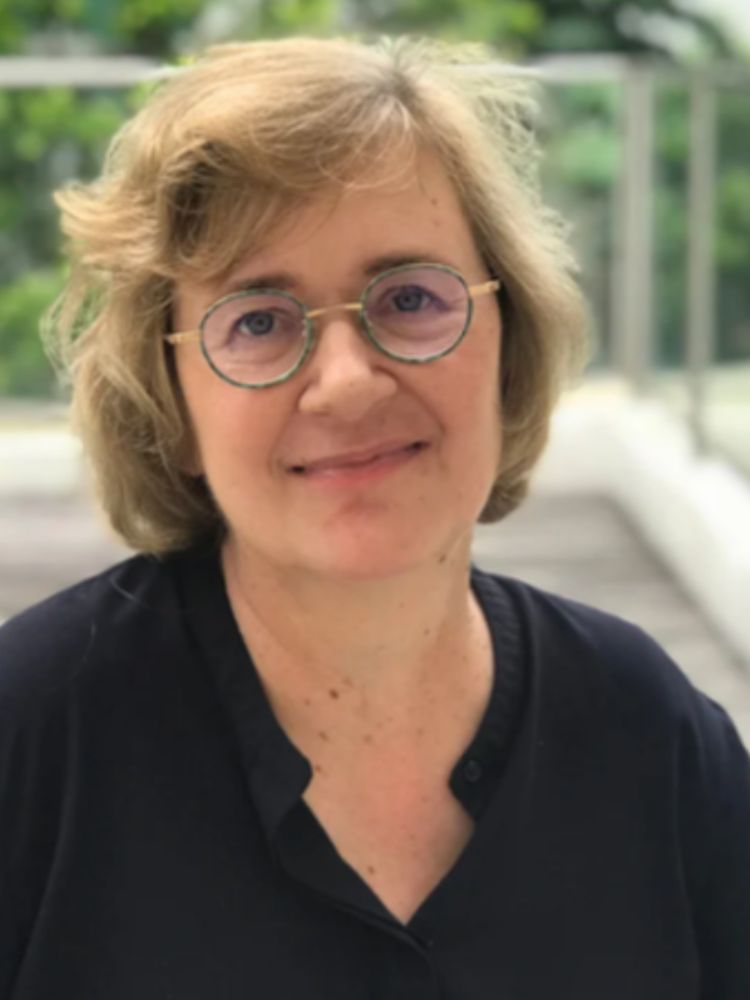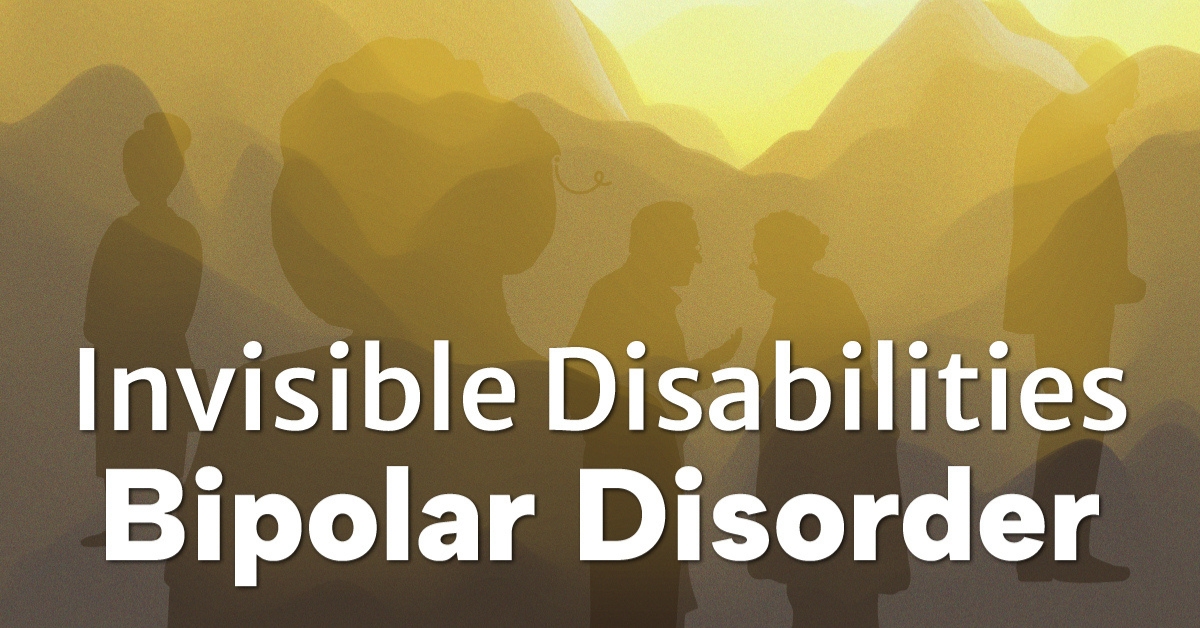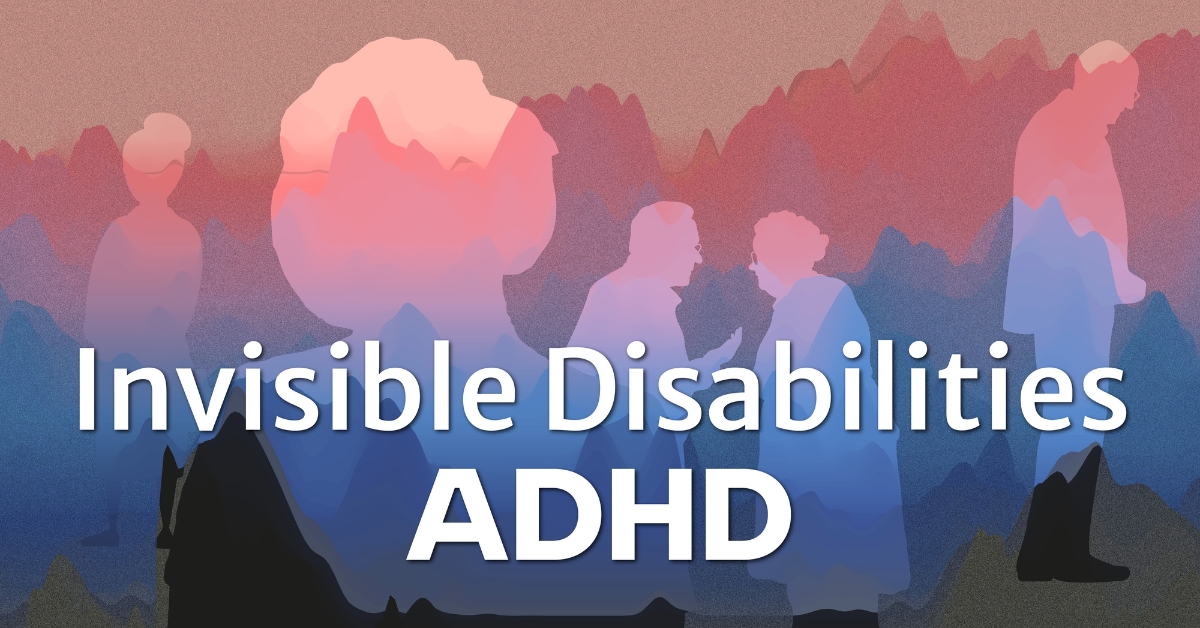
"This can result in them having a harder time getting started with and focussing on less stimulating tasks, as well as having difficulty with organisation and time management. They may also struggle with shifting their attention from one task to another, sometimes getting stuck with doing one task long after they might need to stop and shift to another task."
ADHD in adults
Diagnosing ADHD in adults
Even a concerned school principal once advised them to nurture my creativity, recognising it as a potential avenue for significant growth and development.

"For that reason, it provides a reason for my past behaviour and if I do not contextualise myself prior to what I do, I cannot use it as an excuse for my impulsiveness and will need to accept the consequences. I can't simply steal something from a shop and use my ADHD as an excuse for doing something wrong, can I?"
"I find that I like critical thinking and problem solving. Coupled with my coaching skills and especially the ability to actively listen, I am better able to help others find themselves and discover what is inside that they could potentially bring benefit to society."
Supporting a loved one with ADHD
-
Read up on ADHD.
If you’re in a relationship with a person with ADHD, one good book to consider is Is it You, Me or Adult ADD? by Gina Pera -
Talk about ADHD.
Too often, the only 'conversation' about a loved one's ADHD happens when there is an ADHD-caused crisis. -
Help them find good professionals who can explain the options and give them the support they need to make progress and thrive.
Asking for help and advocating for yourself are not symptoms of weakness, they are signs of healthy self-awareness and a desire to take charge of your life.
"This type of support can help individuals see challenges in a new light, focusing on solutions rather than criticism. Understanding friends and family can help adapt communication and interaction styles to be more supportive, minimising feelings of inadequacy or frustration that can arise from misunderstandings."
"Granted, the major change effort has to come from us, since our goal is to lead normal lives. It's like being a left-hander – we just have to adjust and not ask the world to bend backward for us."

